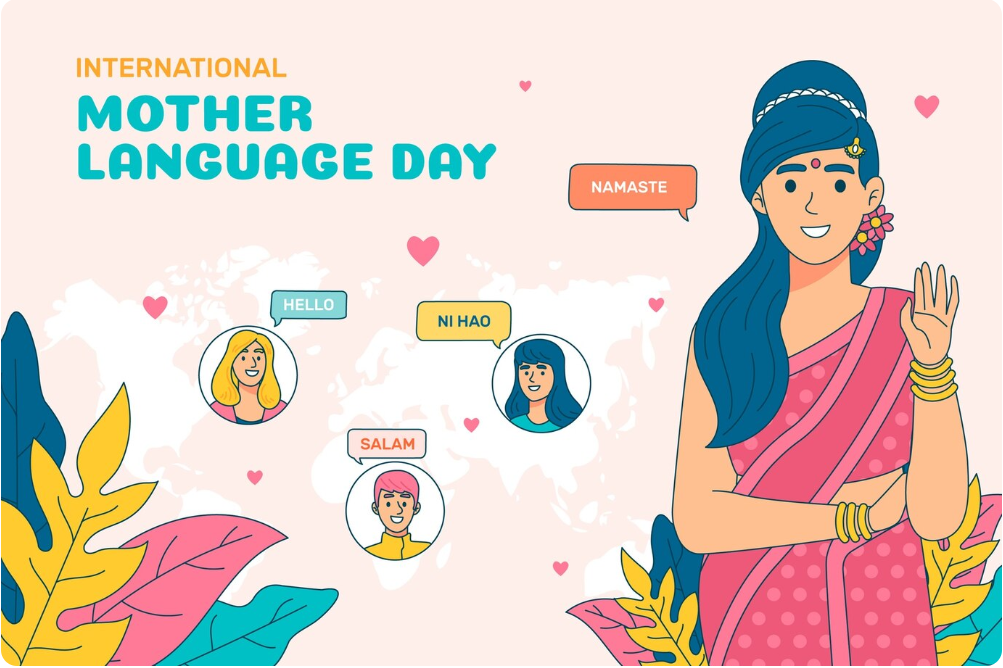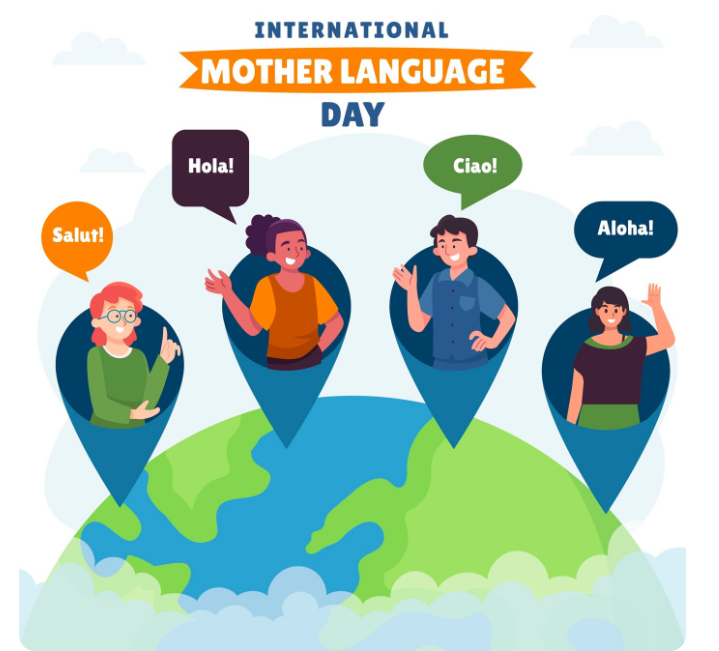
International Mother Language Day Paragraph of 100, 150 and 200 Words
Language is more than just a tool for communication—it is a reflection of identity, culture, and heritage. For Bangladesh, international mother language day paragraph writing holds deep national importance because of the country’s historical struggle for linguistic rights. Observed globally on February 21, this day commemorates the sacrifices of the language martyrs who laid down their lives in 1952 to protect the right to speak Bangla, their mother tongue.
In Bangladesh, International Mother Language Day is not just a date on the calendar—it is a day of mourning, pride, and cultural celebration. Students across the nation participate in various activities to remember the martyrs, including writing paragraphs and essays in school exams. This topic is included in the English syllabus for Classes 6 through 12, encouraging students to reflect on the importance of language, identity, and freedom of expression.
This article provides a comprehensive guide on how to write a international mother language day paragraph for school exams. It includes sample paragraphs of 100, 150, and 200 words, key writing tips, essential points, frequently asked questions, and a meta description to help students prepare effectively.
সূচিপত্রঃ
International Mother Language Day Paragraph of 100 Words

International Mother Language Day is observed on February 21 every year. It is a very important day for the people of Bangladesh. On this day in 1952, some brave students gave their lives to protect the Bangla language. Now, people all over the world celebrate this day to respect all mother languages. In Bangladesh, people go to the Shaheed Minar with flowers and remember the language martyrs. Schools and colleges arrange programs, and students sing songs and write poems. This day teaches us to love our language and respect the languages of others. We feel proud of our history and culture.
Sample Paragraph (150 Words)

February 21 is observed as International Mother Language Day to honor the language martyrs of 1952 in Bangladesh. On this day, some students of Dhaka University protested to demand Bangla be recognized as one of the state languages of Pakistan. The police opened fire, killing Salam, Rafiq, Barkat, Jabbar, and others. Their sacrifice became a turning point in the history of Bangladesh. In 1999, UNESCO declared February 21 as International Mother Language Day to promote linguistic and cultural diversity worldwide.
In Bangladesh, this day is observed with great respect. People wear black badges, walk barefoot to Shaheed Minar, and offer flowers. Schools organize writing competitions, cultural programs, and special prayers. This day reminds us to love our language and appreciate the right of every person to speak in their own mother tongue. It encourages unity, respect, and cultural pride among people across the world.
Sample Paragraph (200 Words)
International Mother Language Day is a globally observed event that originated in Bangladesh, marking the sacrifice of brave students who died on February 21, 1952, to defend their right to speak Bangla. When the Pakistani government tried to impose Urdu as the only state language, the people of East Pakistan protested. Students from Dhaka University organized a demonstration that turned tragic when police opened fire, killing several protesters including Salam, Rafiq, Barkat, and Jabbar. Their sacrifice laid the foundation for future movements that led to the independence of Bangladesh.
In 1999, UNESCO recognized the importance of this sacrifice and declared February 21 as International Mother Language Day to promote linguistic and cultural diversity across the globe. In Bangladesh, people observe the day by paying homage at the Shaheed Minar, singing the song “Amar Bhaiyer Rokte Rangano,” and attending school programs that include discussions, poems, and essay writing.
Writing the International Mother Language Day paragraph not only helps students perform well in exams but also deepens their understanding of their national history and language rights. It encourages awareness, cultural identity, and the importance of protecting mother tongues worldwide. This day reminds us of the power of language in shaping a nation.
Key Points to Include When Writing the Paragraph
To write a well-developed International Mother Language Day paragraph, students should include the following key elements:
- Date and Recognition: Mention that it is observed on February 21 and was recognized by UNESCO in 1999.
- Historical Background: Talk about the 1952 language movement in Dhaka, the protest, and the martyrs.
- Names of the Martyrs: Include names like Salam, Rafiq, Barkat, Jabbar, and Shafiur.
- Observance in Bangladesh: Describe how people go to Shaheed Minar, wear black badges, and participate in school or community programs.
- Global Significance: Explain how this day is now celebrated worldwide to promote linguistic diversity and cultural respect.
- Personal Reflection: End the paragraph with your feelings about the day—what it means to you as a student and citizen.
Including all these points ensures the paragraph is informative, well-structured, and exam-ready.
Tips for Writing a Strong Paragraph
To perform well in exams, students should follow these writing tips:
- Stick to the Word Limit: Choose the right sample based on the required word count in your exam—100, 150, or 200 words.
- Use Simple Yet Powerful Language: Avoid overly complex words. Keep it meaningful and clear.
- Follow a Logical Order: Start with an introduction, then provide historical context, followed by modern observance and a conclusion.
- Practice with Past Topics: Rehearse writing the paragraph at home using the format you plan to follow in the exam.
- Include Emotional Impact: Show how the event affected the country and why it matters to you.
With practice and a thoughtful approach, students can master this topic and improve their writing confidence.
Frequently Asked Questions
Q: Why is February 21 important in Bangladesh?
A: February 21 marks the day in 1952 when students were killed protesting to make Bangla a state language. It’s now observed as International Mother Language Day.
Q: Who are the martyrs of the language movement?
A: The known martyrs include Salam, Rafiq, Barkat, Jabbar, and Shafiur. They died defending the right to speak Bangla.
Q: When did UNESCO declare International Mother Language Day?
A: UNESCO declared February 21 as International Mother Language Day in 1999 to promote language rights and cultural diversity.
Q: How is this day observed in Bangladesh?
A: People visit Shaheed Minar, wear black badges, recite poems, sing patriotic songs, and attend programs organized by schools and institutions.
Q: Why do students write the International Mother Language Day paragraph in exams?
A: It helps students understand national history, build respect for cultural identity, and improve their writing and analytical skills.
Conclusion
In conclusion, the international mother language day paragraph is more than just an exam topic—it is a tribute to those who gave their lives so we could speak our mother tongue freely. It teaches students about the significance of language in shaping identity, culture, and freedom. Writing about this topic allows students to express national pride and understand the value of linguistic diversity.
International Mother Language Day not only honors the past but also inspires the future. It reminds every student of the importance of preserving their language and respecting others’. As citizens of Bangladesh, we carry the legacy of the martyrs, and through education, we can keep their memory alive. Every word written in our mother tongue is a celebration of freedom.


